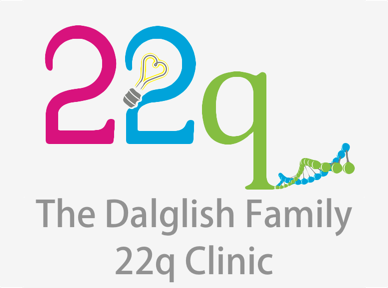In the past, some people would decide not to have a clinical genetic test, even when it would save their life, because they were afraid that the test result might cause a problem with being able to get insurance or to get hired for certain jobs. However, for many health conditions, such as 22q11.2 deletion syndrome (22q11.2DS or 22q), genetic testing is the only way for people to receive a diagnosis.
In 2017, the Genetic Non-Discrimination Act (GNDA, or Bill S-201) was passed into law in Canada, so that a person’s genetic information became legally protected. Along with amendments in the Canadian Labour Code and the Canadian Human Rights Act, the GNDA:
- Prohibits third parties, such as employers and insurance companies, from demanding the results of genetic tests when providing services or goods, entering contractual agreements, or offering specific terms or conditions in a contract;
- Forbids companies from denying services when people refuse to undergo genetic tests; and
- Prohibits the collection, use and disclosure of an individual’s genetic test results without their written consent.
The Act does not apply to physicians, pharmacists or other health practitioners who are providing health care services. It also does not apply to pharmaceutical or scientific researchers acting in the course of their studies.
(Source: Canadian Civil Liberties Association)
Although the GNDA was passed by the Canadian parliament in 2017, it affects the way that provincial governments regulate the insurance industry. Related to this issue, the province of Quebec challenged the federal law, and the case went through a number of appeals (see CBC news article for details).
On Friday, July 10th, 2020, the Supreme Court of Canada upheld the GNDA. Companies and employers cannot ask for the results of genetic tests, and they cannot deny services to people when they refuse to be tested. With this important legal ruling by the Supreme Court, Canadians can continue to have genetic testing with peace of mind.
See also: Who should be screened for 22q How to request genetic testing in Ontario How is genetic testing for 22q done
